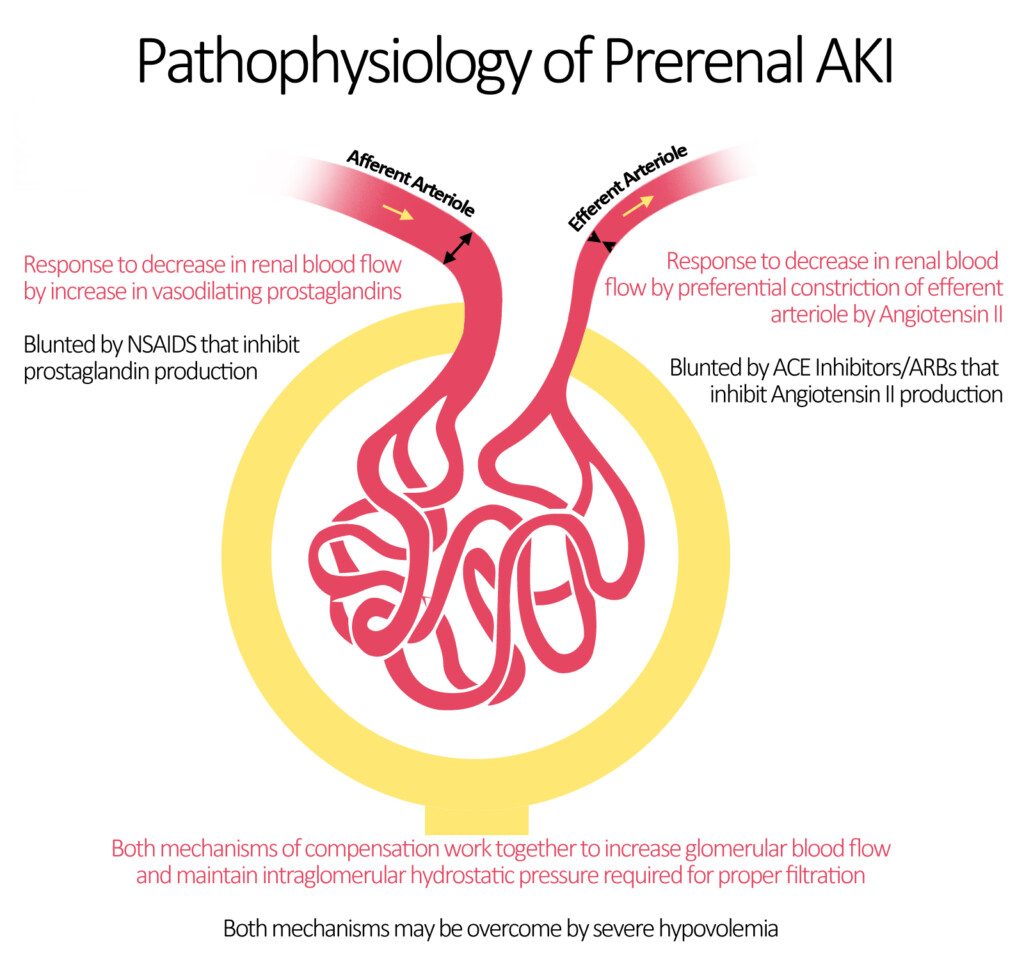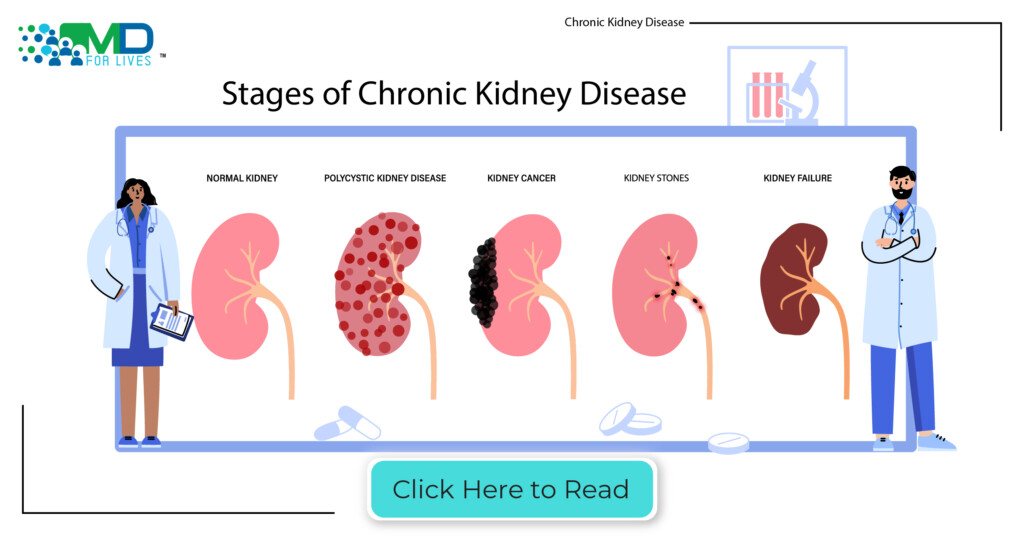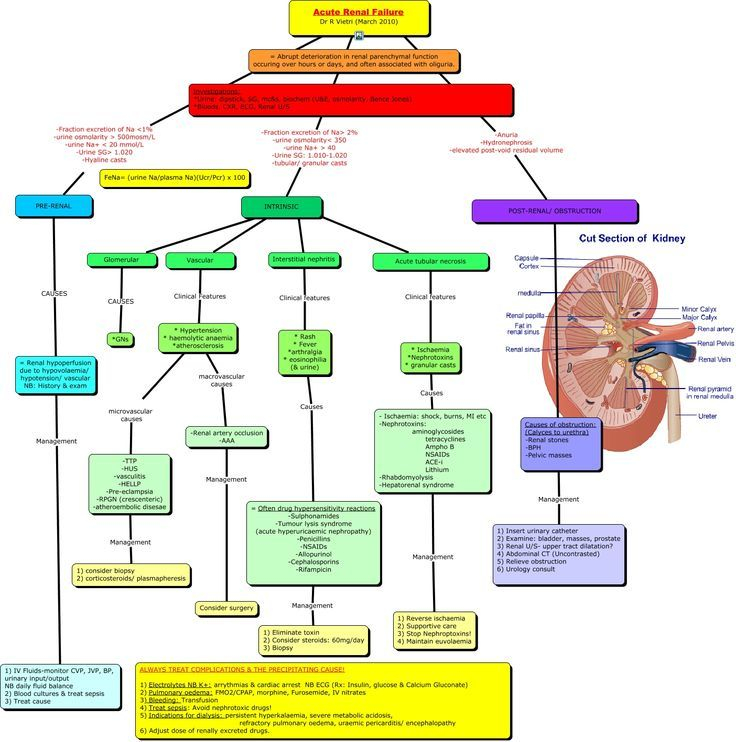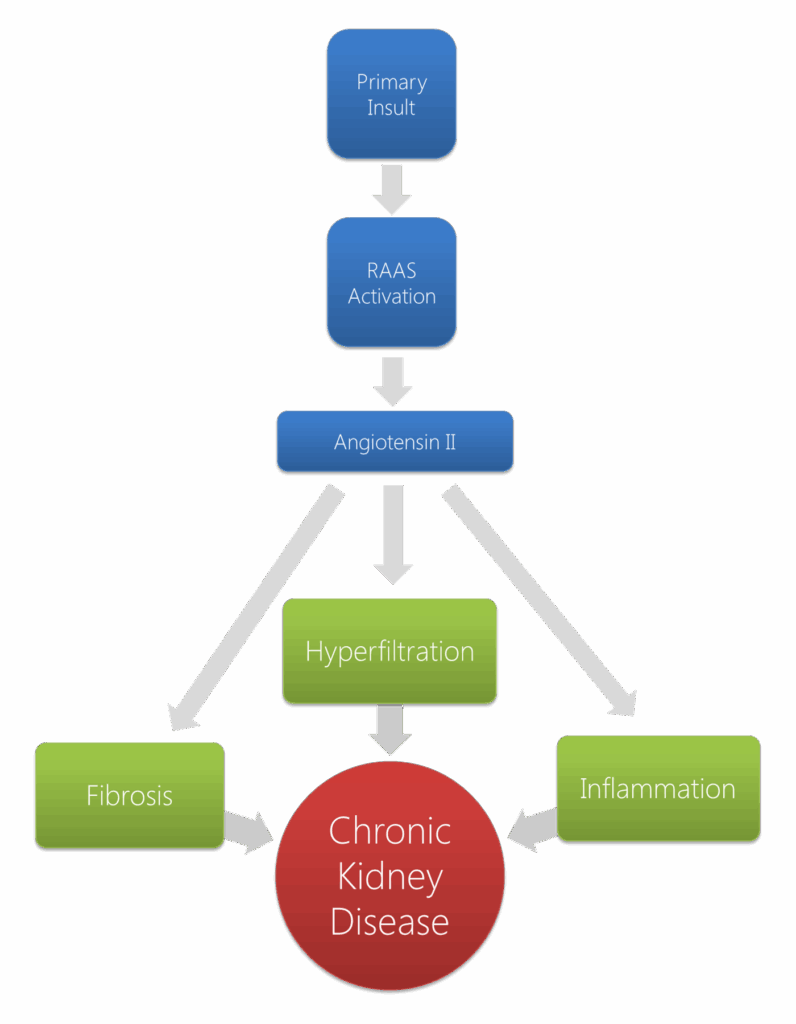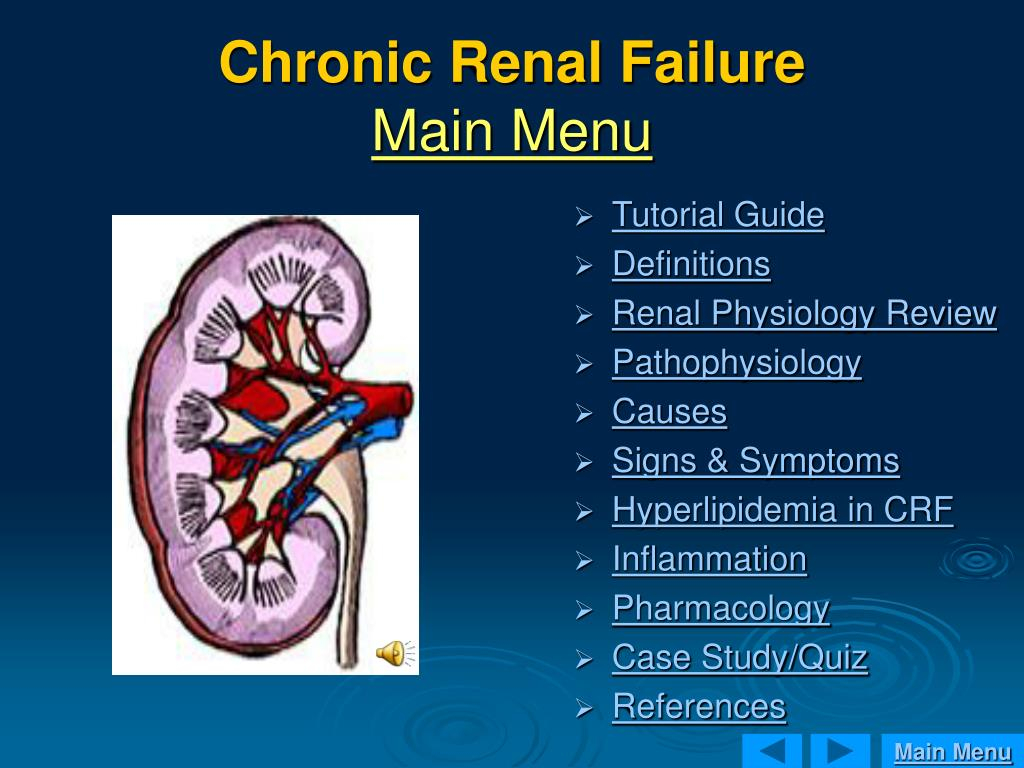Chronic renal failure, also known as chronic kidney disease, is a condition characterized by the gradual loss of kidney function over time. This condition can lead to a buildup of waste products and fluid in the body, resulting in a range of symptoms such as fatigue, swelling, and difficulty concentrating. Understanding the pathophysiology of chronic renal failure is essential for proper diagnosis and management of the condition.
One of the key aspects of chronic renal failure is the disruption of the kidney’s ability to filter waste products from the blood. This can be caused by a variety of factors, including diabetes, high blood pressure, and certain medications. As the kidneys become less efficient at filtering waste, toxins can build up in the body, leading to further damage to the kidneys and other organs.
Flow Chart Pathophysiology Of Chronic Renal Failure
Flow Chart Pathophysiology of Chronic Renal Failure
A flow chart illustrating the pathophysiology of chronic renal failure can help to visualize the complex interactions that occur in the body during the progression of the disease. The flow chart typically begins with the initial insult to the kidneys, such as diabetes or hypertension, which leads to damage to the kidney’s filtration system.
As the kidneys continue to deteriorate, the body compensates by increasing blood pressure and releasing hormones to try to maintain balance. However, these compensatory mechanisms can eventually lead to further damage to the kidneys and other organs, creating a vicious cycle of declining kidney function. Ultimately, chronic renal failure can progress to end-stage renal disease, requiring dialysis or kidney transplantation for survival.
Management of Chronic Renal Failure
Management of chronic renal failure focuses on slowing the progression of the disease and managing symptoms to improve quality of life. This may include lifestyle changes such as following a kidney-friendly diet, monitoring blood pressure and blood sugar levels, and avoiding nephrotoxic medications.
In some cases, medications may be prescribed to help control symptoms and manage complications of chronic renal failure. In severe cases, dialysis or kidney transplantation may be necessary to replace lost kidney function. Regular monitoring and follow-up with a healthcare provider are essential for managing chronic renal failure and preventing further complications.
By understanding the pathophysiology of chronic renal failure and following a comprehensive management plan, individuals with this condition can improve their quality of life and reduce the risk of complications. If you suspect you may have chronic renal failure, be sure to consult with a healthcare provider for proper diagnosis and treatment.
Download Flow Chart Pathophysiology Of Chronic Renal Failure
Renal Failure
Concept Map For Chronic Renal Failure Printable Templates Free
Chronic Renal Failure Pathophysiology Wikidoc
PPT CHRONIC RENAL FAILURE PowerPoint Presentation Free Download ID
